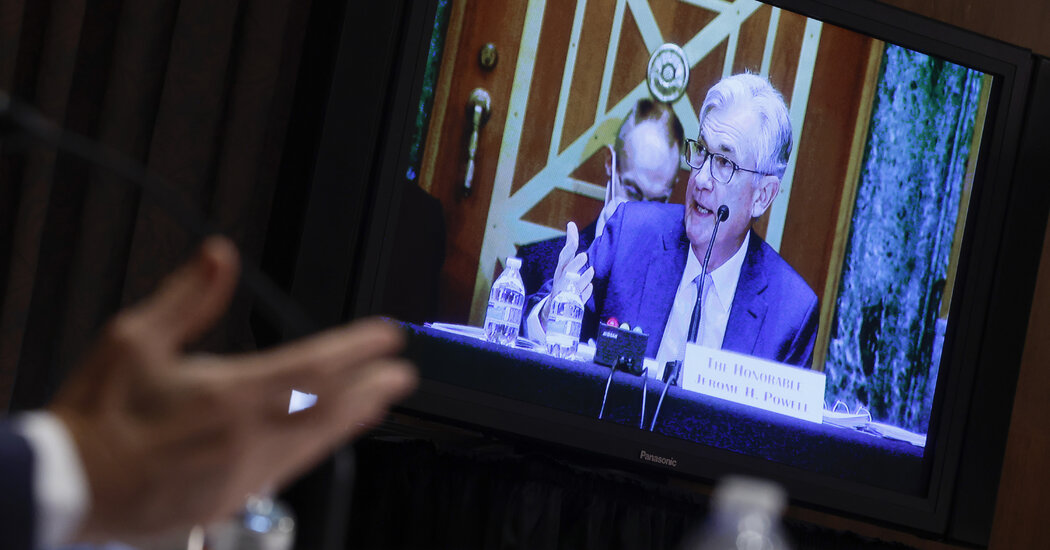
In an interview, James D. Hamilton, professor of economics at the University of California, San Diego, and a leading expert on the economic effects of oil shocks, said they had “made major contributions to recessions over many decades.” At current oil price and supply levels, the effects of the Russian war “are fairly manageable for the American economy.”
But Professor Hamilton pointed out that Russia’s oil, which amounts to about 10 percent of world production, could not be easily replaced if totally cut off — an outcome that he does not believe to be likely. Nonetheless, even the loss of a substantial part of it could constitute an oil price shock rivaling those of the 1970s, he said.
Furthermore, cuts in the availability of Russian commodities like palladium, which is important for the catalytic converters in gasoline-fueled cars, and nickel, which is used in car batteries and for many other purposes, also amount to supply shocks.
How serious is the danger that these war-related issues will cause major economic problems in the United States? “We’ll have to be looking at this carefully,” Professor Hamilton said.
Omicron in China
Another variable for the Fed to consider: The global supply chain problems that have contributed to inflation in the United States could be made much worse by the worst outbreak of Covid-19 in China since early 2020. Lockdowns and restrictions in China are already slowing the supply of products like Toyota and Volkswagen cars and Apple iPhones, as well as components such as circuit boards and computer cables, as Keith Bradsher reported for The New York Times from Beijing.
“The situation in China definitely complicates things for the Fed,” said Yung-Yu Ma, chief investment strategist for BMO Wealth Management in the United States. “It adds a level of delicacy to the mix here, and one that’s very hard to predict.
“It was already a challenging environment before this,” he added. “Remember, in the markets, we began in the good old days in January just worrying about what the Fed would do about interest rates.”




